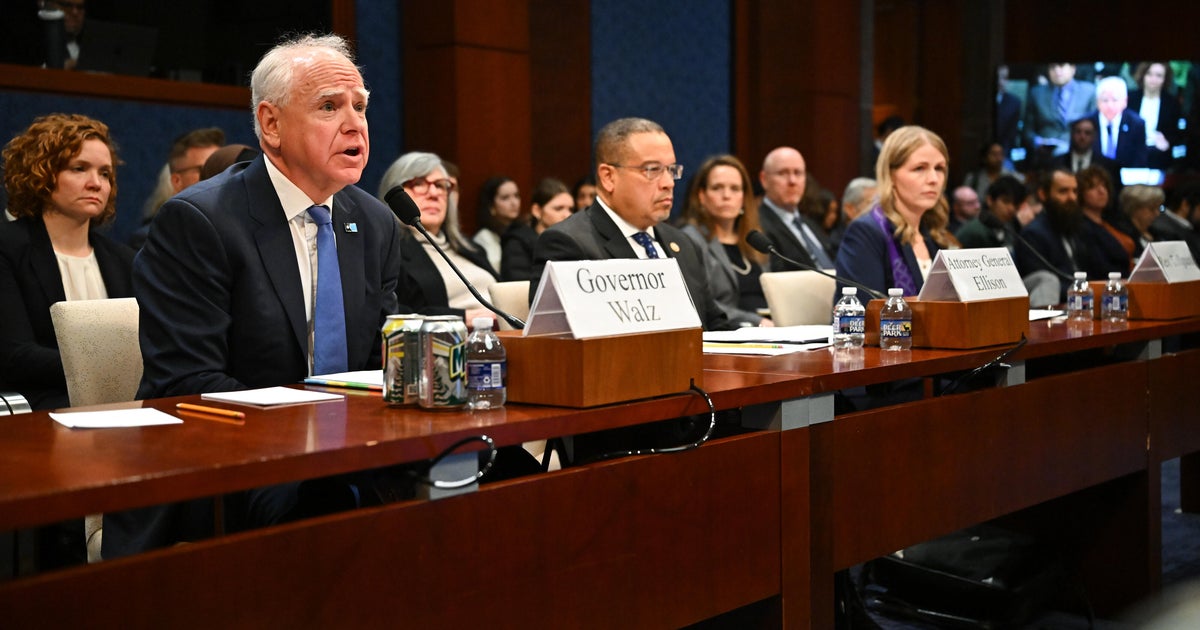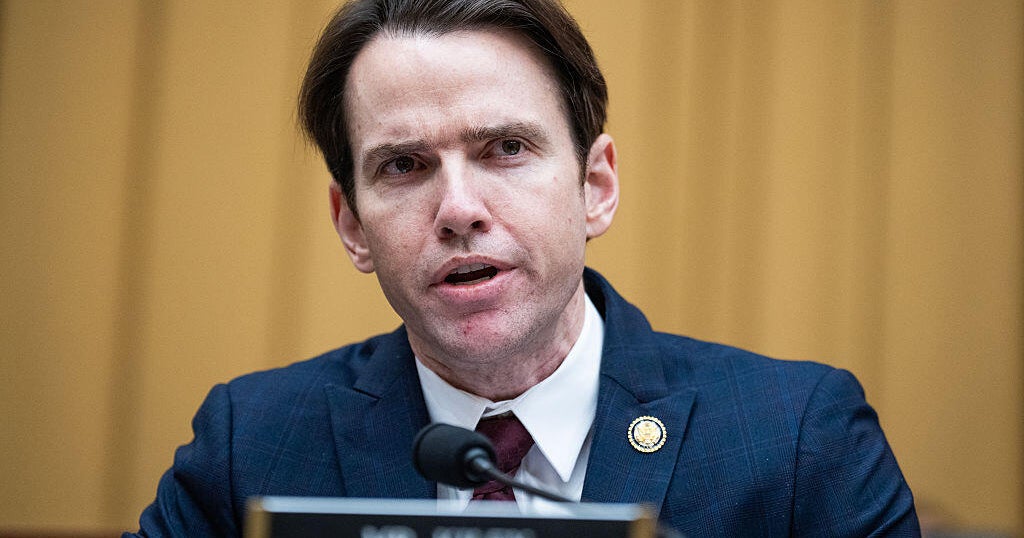Speier Reveals Abortion In House Planned Parenthood Debate
WASHINGTON (KCBS / AP) - Legislation to block funding for family planning programs at Planned Parenthood cleared the U.S. House Friday after Peninsula congresswoman Jackie Speier stunned colleagues by saying she had an abortion.
Speier made clear Friday that the procedure was not something she welcomed and was done because the baby was not going to survive.
KCBS' Margie Shafer Reports:
The 240 – 185 vote came to the dismay of Speier (D-San Mateo), who spoke of the difficult decision to have an abortion at 17 weeks.
Speier, first elected in 2008, took to the House floor on Thursday evening during a debate over stripping funding to Planned Parenthood. A previous speaker, Rep. Chris Smith, R-N.J., read a graphic description of a dilation and evacuation abortion, which is done in the second trimester of a pregnancy. He said the doctor "literally hacks that baby to death."
Speier, 60, then discussed her own experience that took place in the early 1990s. Her spokesman said it was something she had done once before when she served in the California Legislature.
"I lost a baby," she said.
"For you to stand on this floor and to suggest, as you have, that somehow this is a procedure that is either welcomed or done cavalierly, or done without any thought, is preposterous."
Speier's spokesman, Tim Schlittner, said she didn't have any regrets about the speech. Speier said via Twitter that she was overwhelmed by the response from the public. She also put out a press release making clear that she did not want to have the abortion.
"The fetus slipped from my uterus into my vagina and could not survive," Speier said. "Today some news reports are implying that I wanted my pregnancy to end, but that is simply not true. I lost my baby."
Planned Parenthood already receives no federal money to provide abortions. Indiana Republican Mike Pence said he drafted the proposal because it was fiscally responsible to cut funding for other services the organization also provides.
The bill represents an attempt to forge a consensus among social conservatives and a freshman class of legislators who campaigned to reduce big government, said political scientist Corey Cook, director of the University of San Francisco's Leo T. McCarthy Center for Public Service & the Common Good.
"These new members of Congress were elected to deal with fiscal matters. On the other hand, you have a lot of social conservatives who are saying, you know we have the majority in the House and it's time to really push these cultural issues," Cook said.
Even though the bill appears doomed in the Senate, Cook said the largely symbolic House vote may hold political repercussions for the 2012 presidential campaign.
(© 2011 CBS Broadcasting Inc. All Rights Reserved. This material may not be published, broadcast, rewritten, or redistributed.)







